SOPEC experts thrive in the Vietnamese market
 |
Frank Schoeninger, managing partner of SOPEC, shared with VIR’s Thanh Van his insight into the market and how SOPEC can tap into its future growth.
How do you see the demand for your services among foreign and local companies in Vietnam?
We see a strong demand, and this is growing extensively due to the Vietnamese industry’s transition from low-cost to sustainable, with a target of high-tech production. SOPEC aims to provide services for clients in manufacturing and especially the automotive industry across their value chains.
We divide our business into three pillars. First, we provide market entry research and support services for foreign companies who are eyeing the Vietnamese market, guiding them through their first steps of setting up their business in Vietnam.
The next stage of the value chain for manufacturing business would be building factories, installing a production line, and setting up the distribution network. This is where SOPEC comes in and offers our expertise in project management – which is based on the principles of the International Project Management Association and is Level B-certified. Effective project management is crucial for firms to save a significant amount of time, cost, and headache.
Last but not least, we support existing local and foreign firms to access or strengthen their positions in the global supply chain with stable and quality-driven processes based on the LEAN principle. The LEAN principle aims to eliminate all types of waste and focus on value-creating activities in a process. It also provides solid support for the company to become highly efficient and profitable.
Could you share some factors driving your business forward?
We see Vietnam as a rising tiger in the manufacturing field in general and in the automotive industry in particular. Foreign direct investment (FDI) into Vietnam soared to $19 billion in the first half of 2017, up 54.8 per cent compared to the same period last year. Manufacturing continues to be the field attracting the most investment.
Vietnam has participated in 12 free trade agreements, which link the country to a market of more than four billion consumers. This creates excellent conditions to facilitate trade and investment activities.
Recently, SOPEC was honoured to join the delegation of EuroCham on its trip to Brussels to meet with five commissioners from the European Parliament and finally Jean-Claude Juncker, President of the European Commission, to promote the EU-Vietnam Free Trade Agreement (EVFTA). More than 15 meetings were conducted, all around the mutual goal of the EVFTA being enforced and becoming a success story for all involved parties.
Vietnam is also enhancing its competitiveness, which can be proven in a number of aspects. The nation has a golden age structure, with more than 60 per cent of the population at working age. Coupled with the fact that labour costs remain relatively low while the skill level of workers is increasing, this no doubt brings significant benefits to investors.
The ease of doing business in Vietnam is another favourable condition for investors, especially foreigners. For instance, in the manufacturing sector, there is no requirement for a foreign investor to set up a joint venture with a Vietnamese entity, which makes things a lot clearer for new market entrants.
These are a few factors that contribute to the competitiveness of Vietnam, which in turn lures investment, which is definitely a factor that will drive our business forward.
With Vietnam appearing to be one of the region’s future automotive manufacturing frontiers, what is your plan to scale up your local presence?
SOPEC was founded based on my vision to capture the potentials of Vietnam. With more business opportunities to come in the near future, our team is expanding rapidly. With a view to having people from diverse backgrounds, we are currently hiring production, process, and project engineers. Once becoming ISO 9001-2015-certified – we will be the only consultancy in Vietnam with such a certification – our setup phase will be finished.
In the next development phase, we aim to open another office in Haiphong – a location we see as strategic for investors, especially in the automotive field, thanks to its modern infrastructure, intermodal connectivity, attractive tax incentives, and the presence of big players in the industry.
We already forecast this two years ago, and wrote a strategy paper with a solution approach on how to further develop the domestic supporting industry by inviting an international car producer, and creating mutual benefits for all stakeholders such as government, industry, and the people. With the latest announcement of Vinfast – which fits perfectly into our approach – Vietnam will be able to become a strategic automotive hub.
What the stars mean:
★ Poor ★ ★ Promising ★★★ Good ★★★★ Very good ★★★★★ Exceptional
Latest News
More News
- LEGO Group seeking hundreds of workers to start operation at Binh Duong factory (November 26, 2024 | 11:22)
- PM orders strengthened state management over e-commerce (November 26, 2024 | 10:18)
- Top 10 reputable pharmaceutical, medical supply companies in 2024 announced (November 26, 2024 | 09:32)
- PM Pham Minh Chinh meets Ericsson CEO (November 26, 2024 | 08:48)
- How Masan employs dealmaking to build its consumer-retail platform (November 25, 2024 | 16:00)
- Kim Oanh Group: reaching out internationally (November 25, 2024 | 15:35)
- Takeda’s partnerships to deliver innovative medicine and vaccines (November 25, 2024 | 14:00)
- New SABECO R&D brewery to foster employee creativity (November 25, 2024 | 13:00)
- Operators embark on 5G services (November 25, 2024 | 12:00)
- Automating ports with 5G (November 25, 2024 | 10:41)





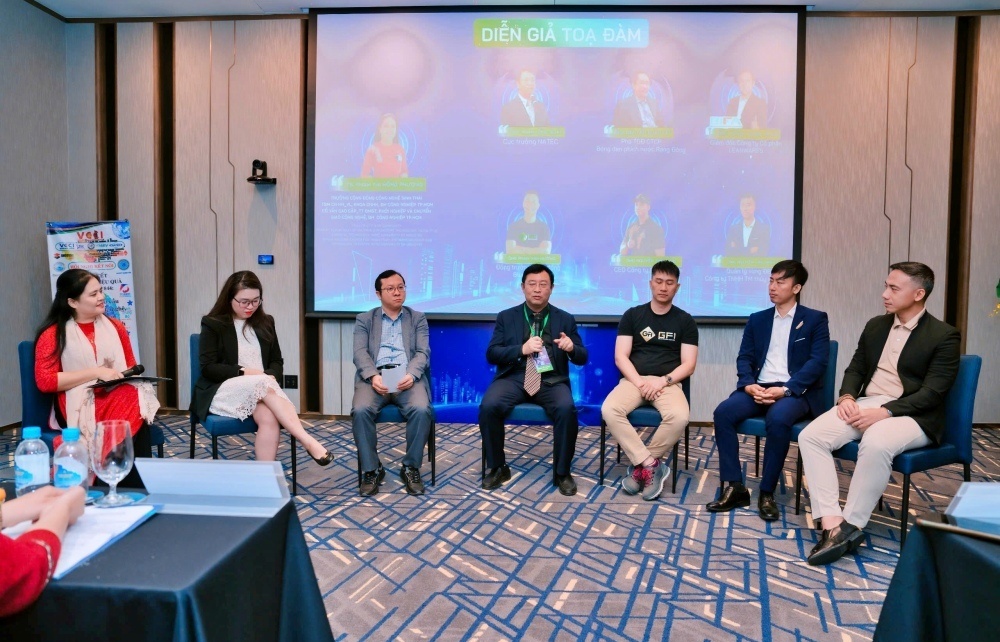
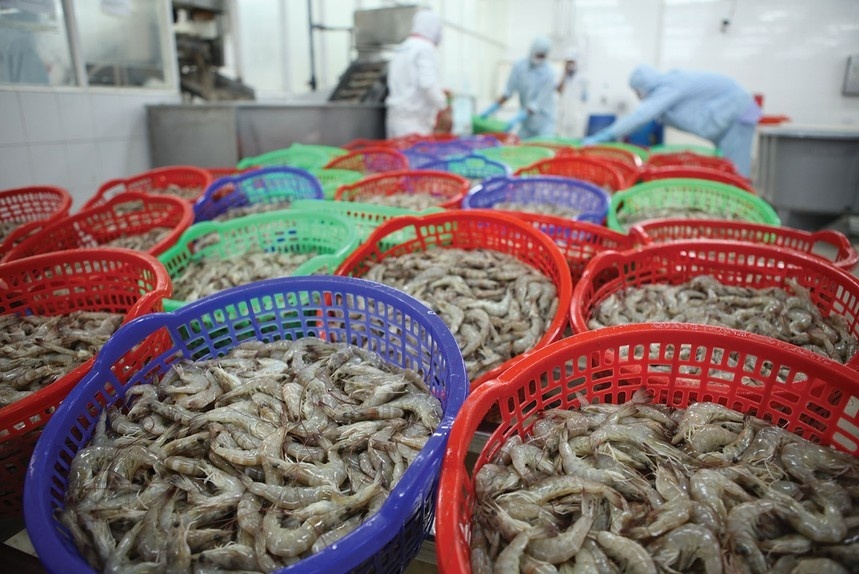

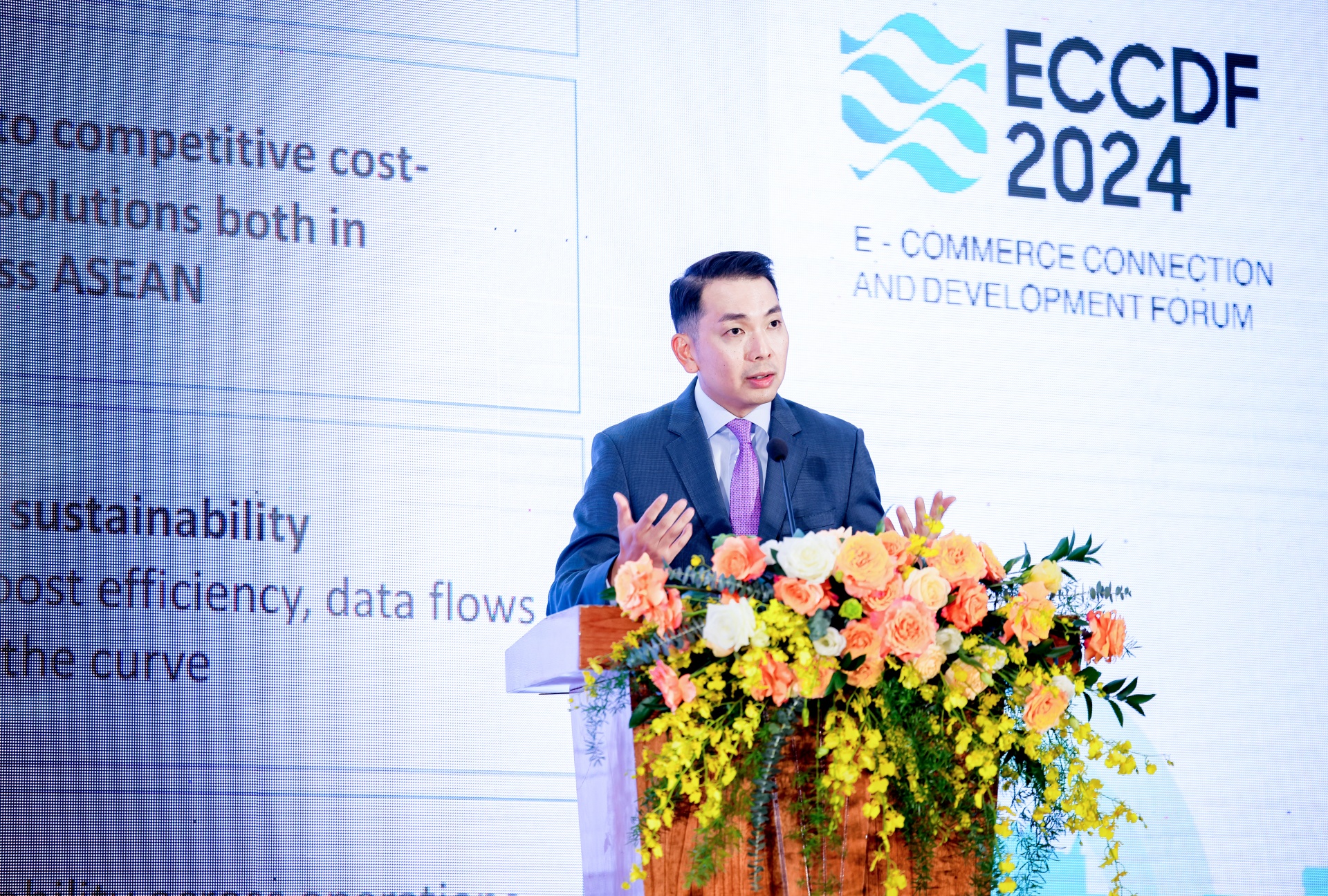
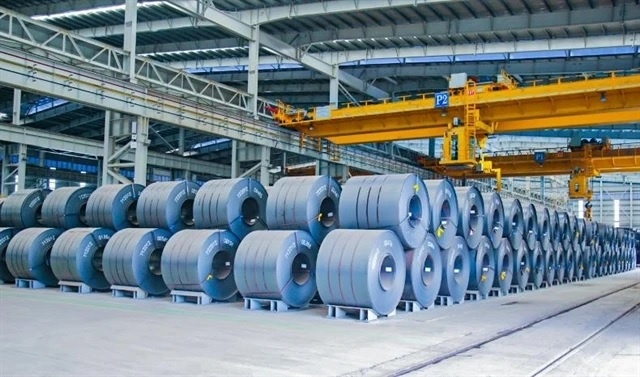



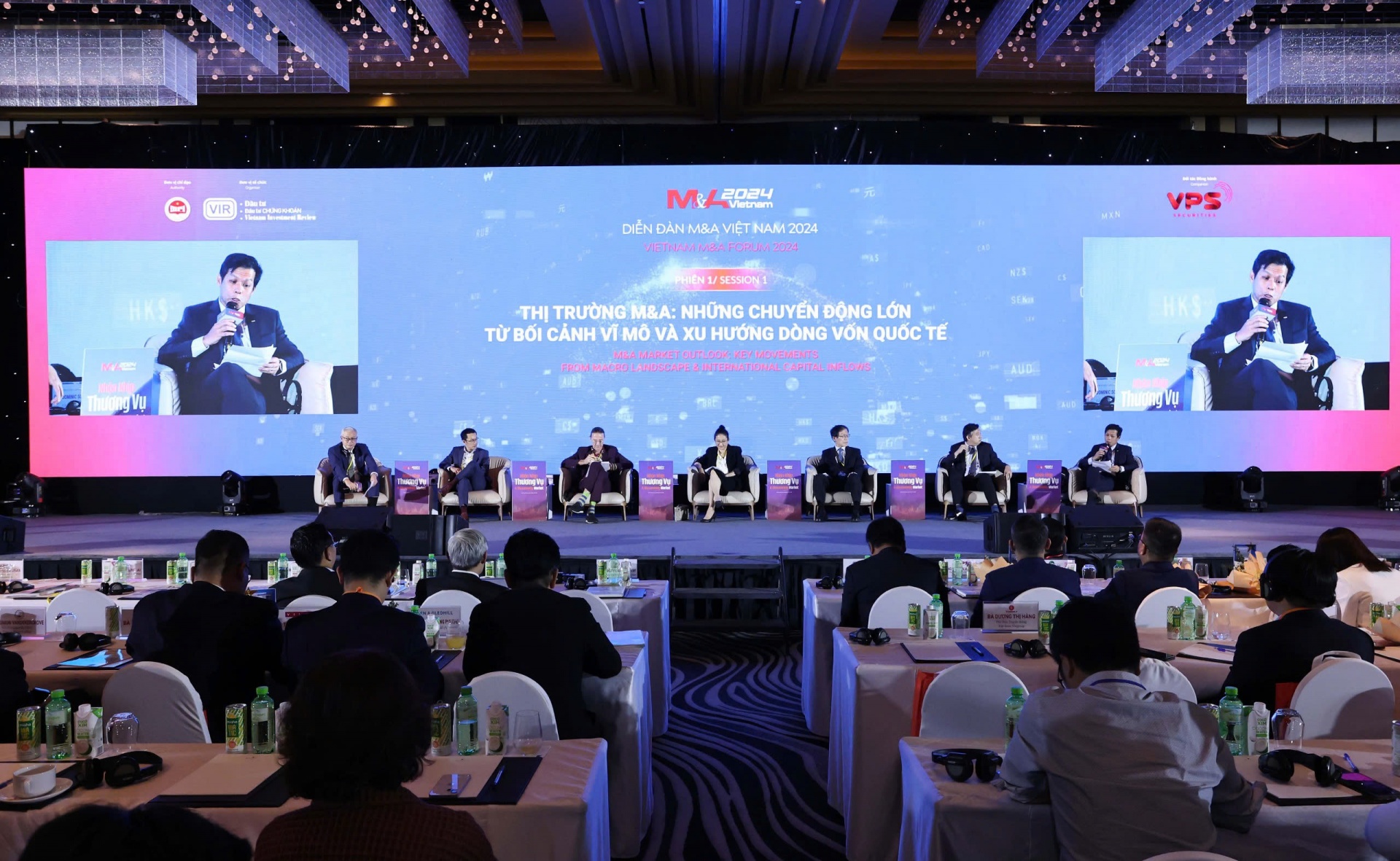




 Mobile Version
Mobile Version